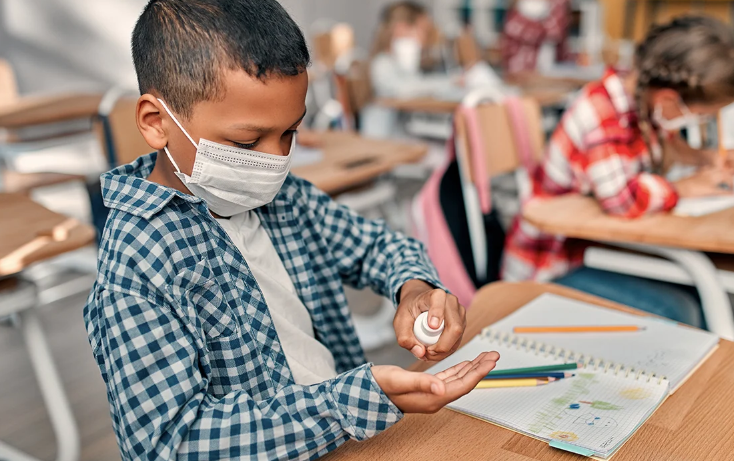Sanjeev Mansotra's Holistic Approach : Education after COVID-19
The pandemic has highlighted how important it is for everyone to have equal opportunities in education and training. In Africa, this is especially true for students who are struggling to complete their studies and get a job. Schools are having to switch to remote learning because of problems like low-tech skills and slow internet connections. To fix the problems in the education system and get more people into vocational training, governments, the public, and the private sector need to come together.
Sanjeev Mansotra, Dubai based businessman is a serial entrepreneur and a successful businessman. His core initiatives are focused on education, employability skills, women empowerment, sustainable agriculture, and healthcare, is leading a revolution in education, healthcare, and sustainable agriculture across Africa. According to him, COVID-19 has significantly altered the instructional dimension. He claims that the changes brought about by post-pandemic education include online learning and e-learning modules, which have had a significant impact on a student's life in Africa.
Prospects for Improvement
Mr. Sanjeev Mansotra Planet One Group mentor, suggests opportunities for education during the COVID-19 pandemic, including promoting eLearning infrastructure, creating inclusive programs, developing Learn-From-Home modules, and developing work-study apprenticeship skills. He also suggests new collaborations between public and private sectors and civil society to foster innovative financing for educational development.
Crises like the COVID-19 epidemic show problems in society while simultaneously posing challenges. No child should be left behind, according to Mr. Mansotra, and fair chances for employment and education are essential to the advancement of society.
Promoting E-Education
Pre-pandemic was a time when things were running regularly but with the outbreak of the pandemic, things were drastically changed, as contactless activities came into force with social distancing. People were living without meeting their near and dear ones and life was going through the phase of lockdown.
Schools were shut down and it gave rise to online education where students were taught by their teachers in an online mode. E-learning, which means electronic learning or learning digitally, came into fashion and it became quite popular in the pandemic phase.
Post-pandemic education is quite different from the education that was without the pandemic. According to Sanjeev, e-learning or e-education has played quite a positive role in Africa. He emphasized e-learning infrastructure for lifelong learning and believes that such activities can help rural children increase technological skills. According to him an inclusive learning program and content to promote social cohesion and learn-from-home modules can be developed to further let every child can have access to education.
Conclusion
Thus, education after COVID-19 has resulted in e-learning or digital learning across the globe including in Africa. This has played a major role in letting every child in Africa have access to education electronically, especially in rural areas. Africa can make considerable moves concerning online education by promoting work-from-home modules, e-learning infrastructure, and lifelong learning and work-study apprenticeship, skills development and opportunities programs for employment.


Comments
Post a Comment